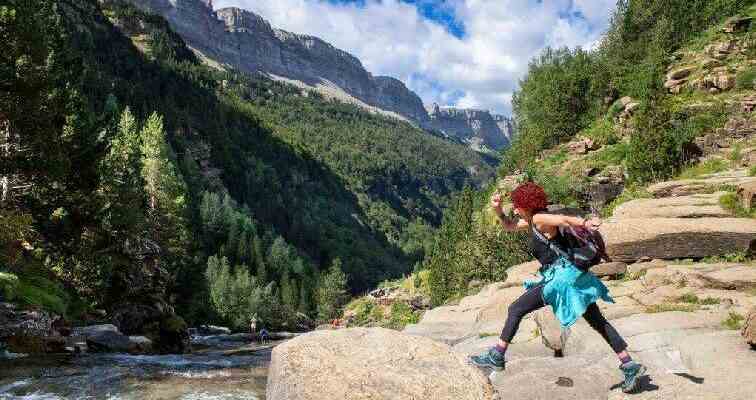“Herds that come down from the summer pastures much earlier because there is nothing left to eat up there. Or hikers desperately looking for famous waterfalls reduced to a drip, or even a “place where the water still flows”. This heartbreaking spectacle, Dirk Schmeller and Adeline Loyau, researchers of the Functional ecology and environment laboratory of Toulouse* (LEFE), attended this summer, during their traditional campaigns in the Pyrenees. Not particularly surprised.
These researchers, who six months ago revealed that certain limpid altitude lakes with paradisiacal appearances could contain real toxic cocktails and advised to think twice before filling a gourd in them, are used to being ominous birds. And since the situation is not only worsening in “their” Pyrenees, since they have clearly noted that, even in summer, it is now dangerous to climb the Alpine glaciers, they are going to the top speed. They are at the origin of a global alert on the threats which weigh, in the whole world, on the mountains, these ecosystems more fragile than the others. Written by 22 scientists, of eleven different nationalities, this call launched in a specialized journal takes stock of research and the six major threats that weigh “on all sides” on altitude systems.
“Raise awareness”
“We don’t want to play the killjoy, what we want is to raise awareness”, insists Dirk Schmeller for whom, obviously, the main threat remains global warming, “much stronger in the mountains than at low altitude “. Hydroelectric dams, which combine “excessive water abstraction” and “land artificialization” are also in its sights, as are the impacts of mass tourism. Scientists also identify other less obvious dangers such as the famous “poisoning” which delight anglers, sometimes with the risk of introducing, at the same time as fish, “pathogens” or toxic algae. unknown in an ecosystem already weakened by the rise in water temperature.
The picture is dark, very dark. But Dirk Schmeller, tired of preaching in the desert when he gives expert advice for the National Council for the Protection of Nature, is convinced that we are “coming to a tipping point” for the mountains. “The shock absorbers could break on impact. If decisions are not made, nature will do it for us”, warns, pessimistic, Adeline Loyau.
* A laboratory under the supervision of INP/Paul-Sabatier University/CNRS

